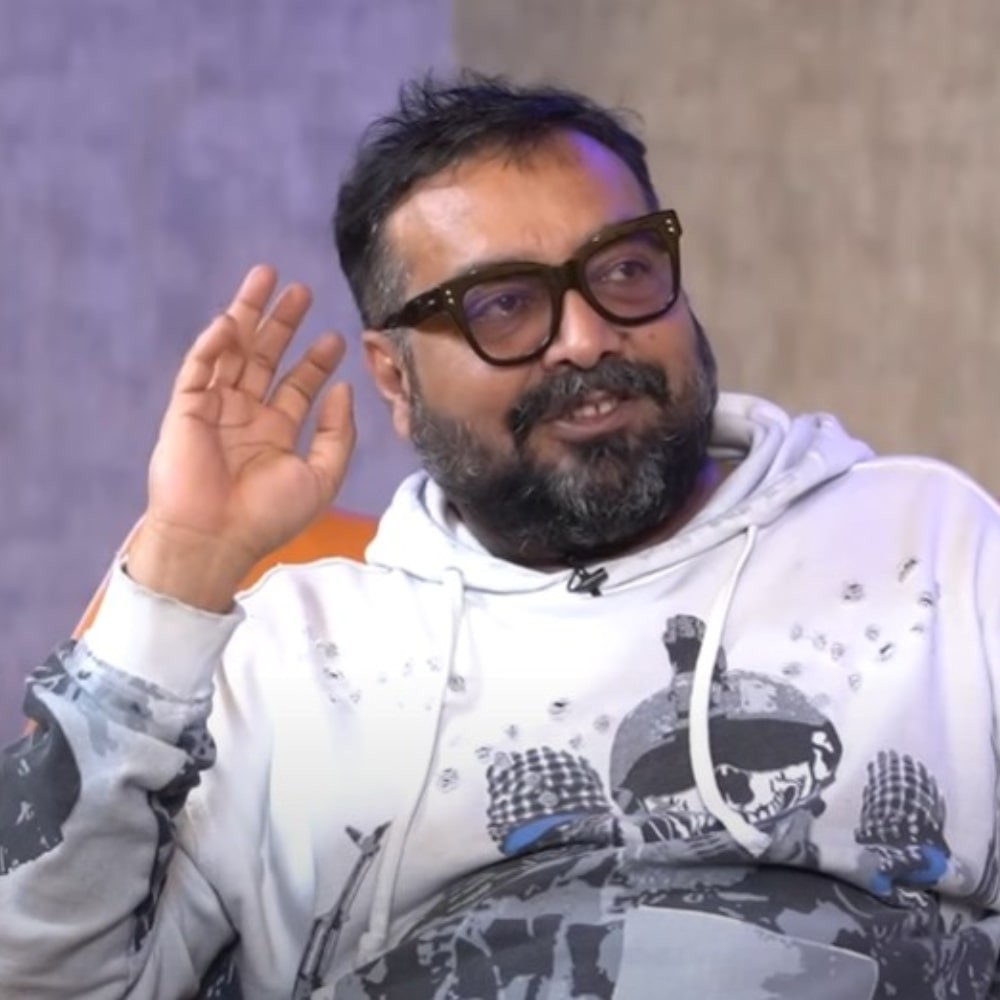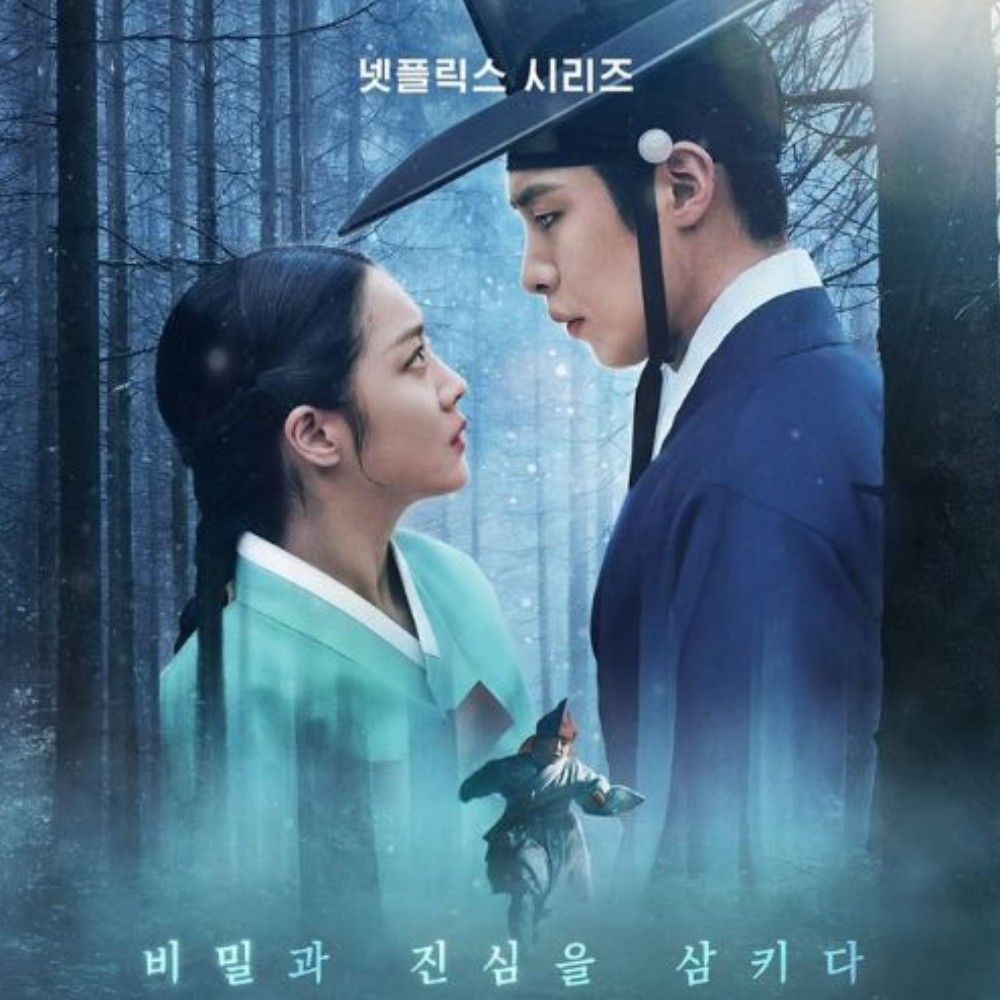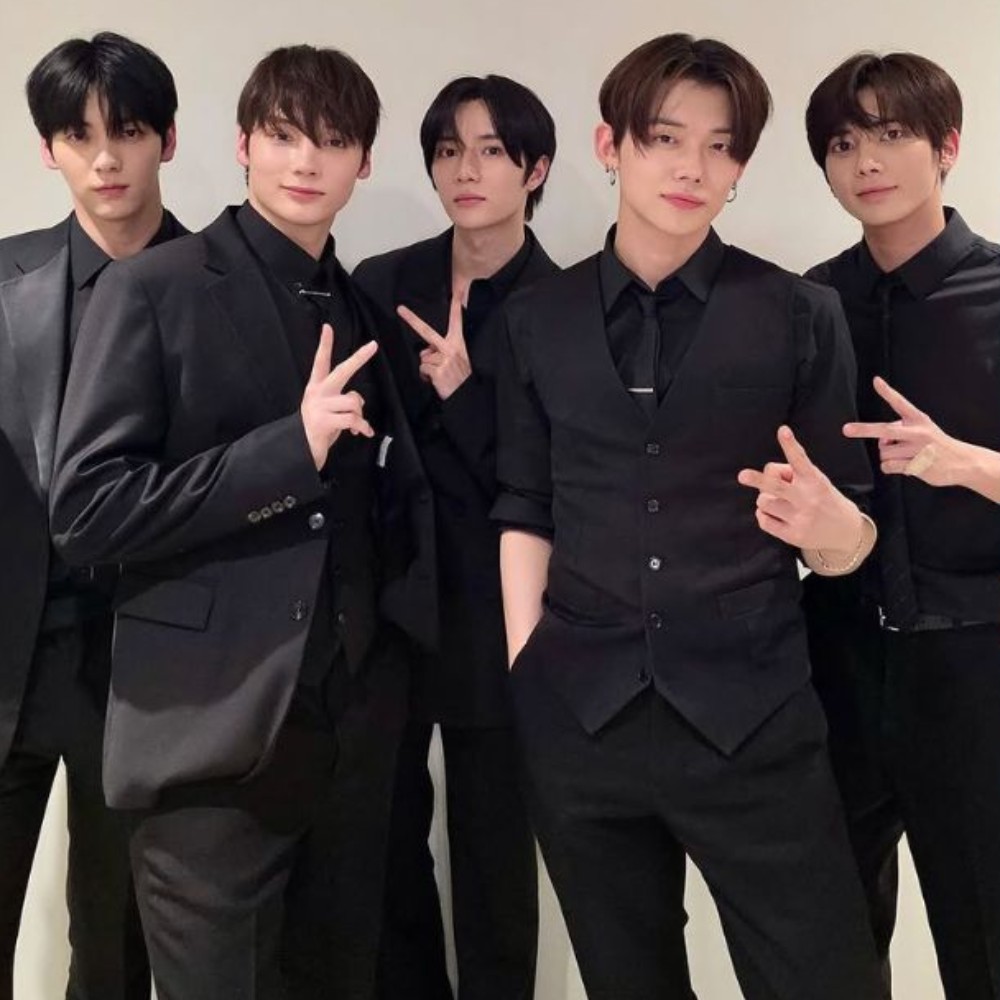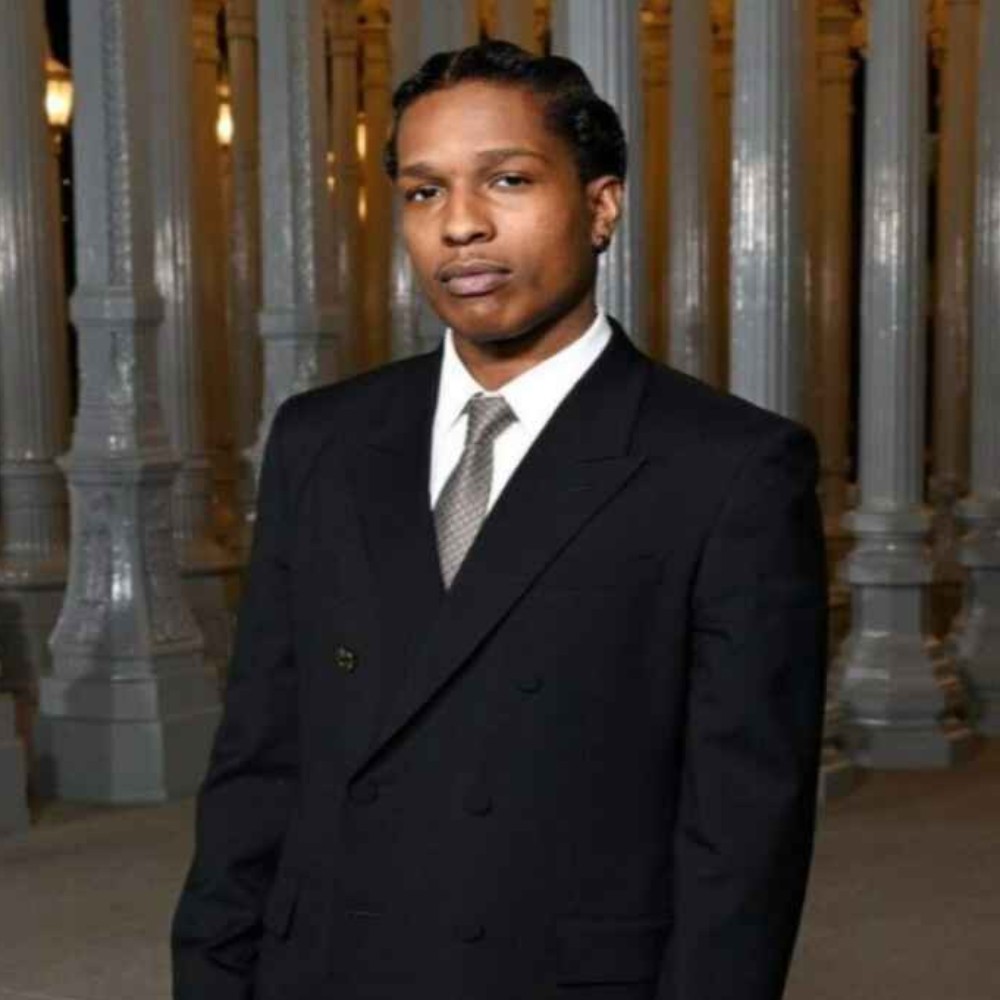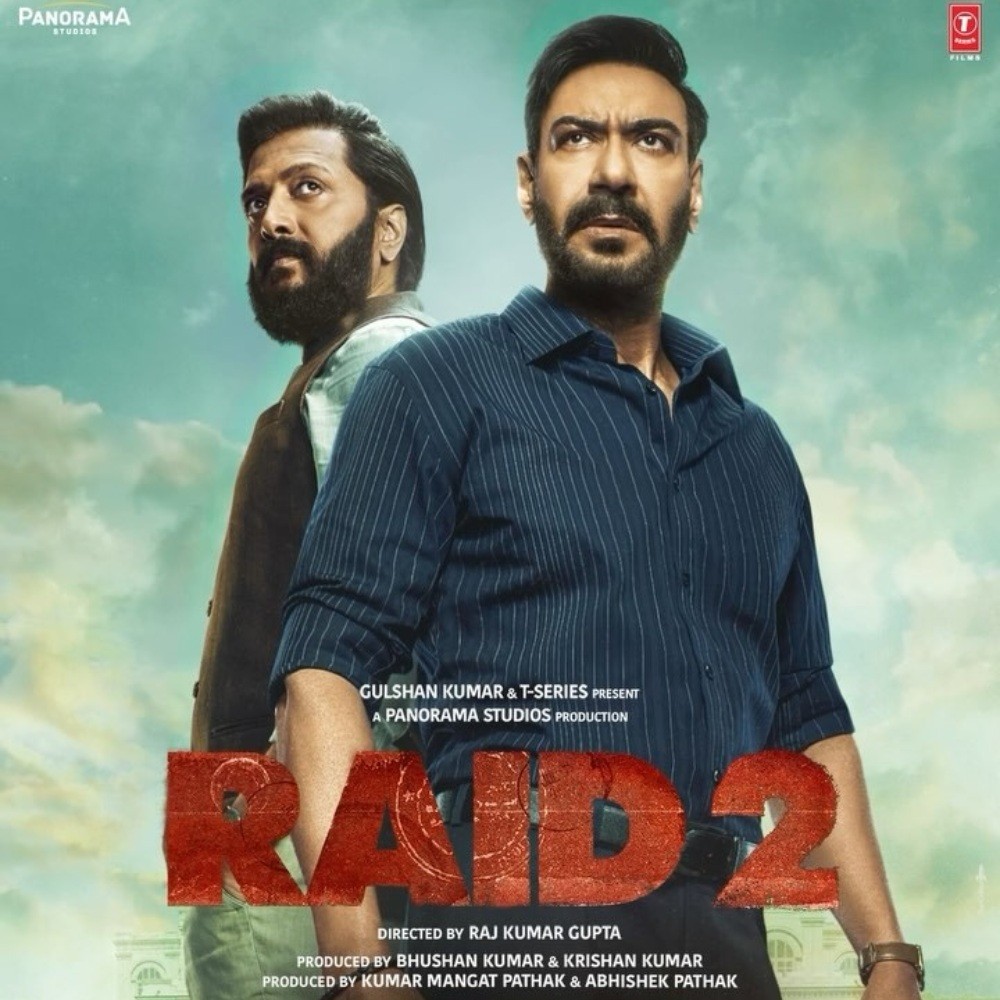Happy Bong Joon Ho Day: From Memories of Murder to Parasite, celebrating the genius of social commentary in cinema
On the occasion of Bong Joon Ho's birthday, let's look at some of the brilliant movies that have forever changed the course of modern cinema.
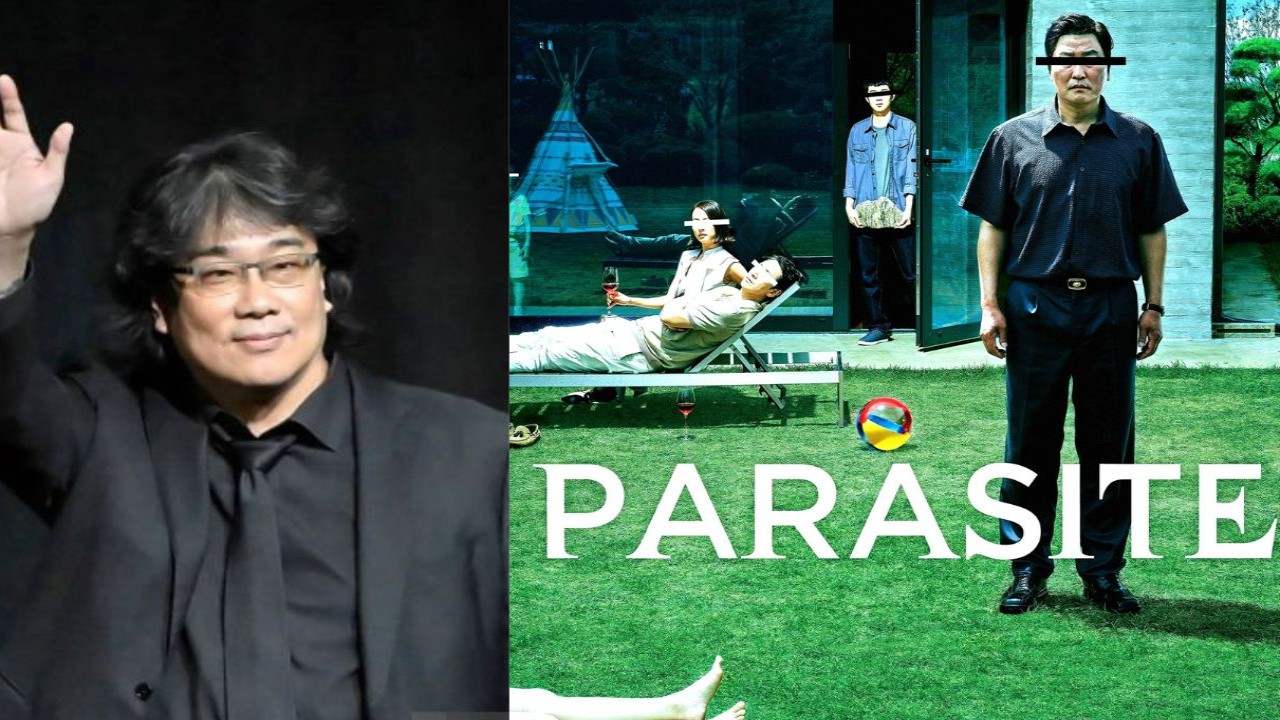
Bong Joon Ho needs no introduction. On the occasion of the brilliant visionary turning 55, let’s reflect on the brilliant films he has created over the years. Along with weaving gripping narratives, he is also known for including compelling social commentary.
Whether exploring class struggles, environmental issues, or societal failures, Bong's films resonate deeply with audiences globally. His films often blend dark humor, suspense, and social critique, creating unforgettable cinematic experiences. Without further ado, let’s get right into it.
Bong Joon Ho movies
1. Barking Dogs Never Bite
Bong Joon Ho's debut feature, Barking Dogs Never Bite, might appear to be a quirky black comedy about a disgruntled university professor, but it quickly becomes a commentary on urban life and social frustration. The film follows Ko Yun-ju, an out-of-work academic who becomes obsessed with silencing a neighbor's barking dog. His increasingly bizarre attempts to stop the noise unravel the absurdity of modern urban living.
While the surface plot is about a man and a dog, the film delves into the frustrations of South Korea's middle class. Ko's struggles highlight the pressures of living up to societal expectations, especially in a competitive, urban environment. The film critiques the social hierarchy, showcasing how the stress of success and failure trickles down into petty grievances and irrational acts. Bong uses humor to underscore the absurdity of life in a system that reduces people to their frustrations.
2. Memories of Murder
Memories of Murder is a crime thriller based on the real-life Hwaseong serial murders, but Bong transforms it into a scathing critique of institutional failure. Set in 1980s rural South Korea, detectives Park and Seo try to catch a serial killer, but their lack of resources, combined with police incompetence, leads to a series of missteps.
Bong's social commentary here focuses on the failure of systems meant to protect society. The film portrays police brutality and the lack of accountability within the institution, as the detectives’ desperation leads to coerced confessions and violence against innocent suspects. More than a murder mystery, Memories of Murder highlights the human cost of incompetent institutions and the despair that comes from a lack of justice.
3. The Host
The Host is thrilling on the surface, but beneath the spectacle of a giant amphibious creature terrorizing Seoul lies a sharp critique of environmental pollution and governmental negligence. After a U.S. military pathologist dumps toxic chemicals into the Han River, a creature from pollution is born.
The monster in the movie represents the consequences of environmental disregard and industrial carelessness. The director addresses both South Korea’s environmental policies and U.S. military presence, reflecting how powerless citizens are in the face of government and corporate decisions. The government’s mishandling of the crisis and its disregard for the affected citizens amplifies the film’s critique of authority figures who neglect the welfare of the public in pursuit of their own agendas.
4. Mother
In Mother, Bong Joon Ho shifts his focus to the themes of motherhood, marginalization, and injustice. The film follows a nameless widow whose son, Do Joon, is accused of murder. Believing in her son’s innocence, the mother embarks on a quest to find the real killer, navigating a world that dismisses her due to her low social status.
Bong explores the way society marginalizes vulnerable individuals—here, a poor, uneducated woman fighting against the legal system. The film’s social commentary lies in the isolation faced by people on the margins and the lengths they must go to in order to be heard. Mother critiques the legal and social systems that fail to protect or value the powerless, revealing a grim world where justice is often reserved for the privileged.
5. Snowpiercer
Snowpiercer, the director’s first English-language film, takes place on a perpetually moving train carrying the last remnants of humanity after an environmental catastrophe. The train is a clear metaphor for the world’s rigid class system, with the wealthy living in luxury at the front and the impoverished crammed into the back.
The film vividly illustrates the extremes of inequality and the violent consequences of a society structured around such disparity. The back of the train, filled with oppressed passengers, revolts against the elite at the front, and the journey from the rear to the front of the train becomes a powerful metaphor for social uprising. Bong Joon Ho’s portrayal of exploitation, dehumanization, and systemic inequality is as thrilling as it is thought-provoking, offering a dystopian reflection of our own world.
6. Okja
With Okja, Bong Joon Ho ventures into the world of animal rights and corporate exploitation. The film tells the story of a genetically engineered super pig named Okja and the young girl, Mija, who raises her. When a powerful corporation tries to take Okja for slaughter, Mija embarks on a mission to save her friend.
At its core, Okja is a critique of the meat industry and the commodification of life. Bong exposes the cruelty behind corporate greed, where animals are treated as mere products. The film also explores the moral conflicts inherent in consumerism, urging viewers to reflect on the ethical cost of their choices.
7. Parasite
Parasite is perhaps Bong Joon Ho’s most celebrated film, having won the Palme d’Or and the Academy Award for Best Picture. The story revolves around the poor Kim family, who scheme their way into working for the wealthy Park family, only to find that their lives are inextricably linked by the invisible barriers of class.
The brilliance of Parasite lies in its multifaceted critique of class inequality. Bong portrays the Kim family as resourceful but trapped in a system that keeps them down, while the Park family, though wealthy, is oblivious to the struggles of those below them. The film’s title itself is a play on this dynamic, asking who the real "parasites" are in a system built on exploitation. The director’s sharp commentary on the impossibility of upward mobility, the illusions of wealth, and the harsh realities of poverty have made the movie a landmark in modern cinema.





 JOIN OUR WHATSAPP CHANNEL
JOIN OUR WHATSAPP CHANNEL
